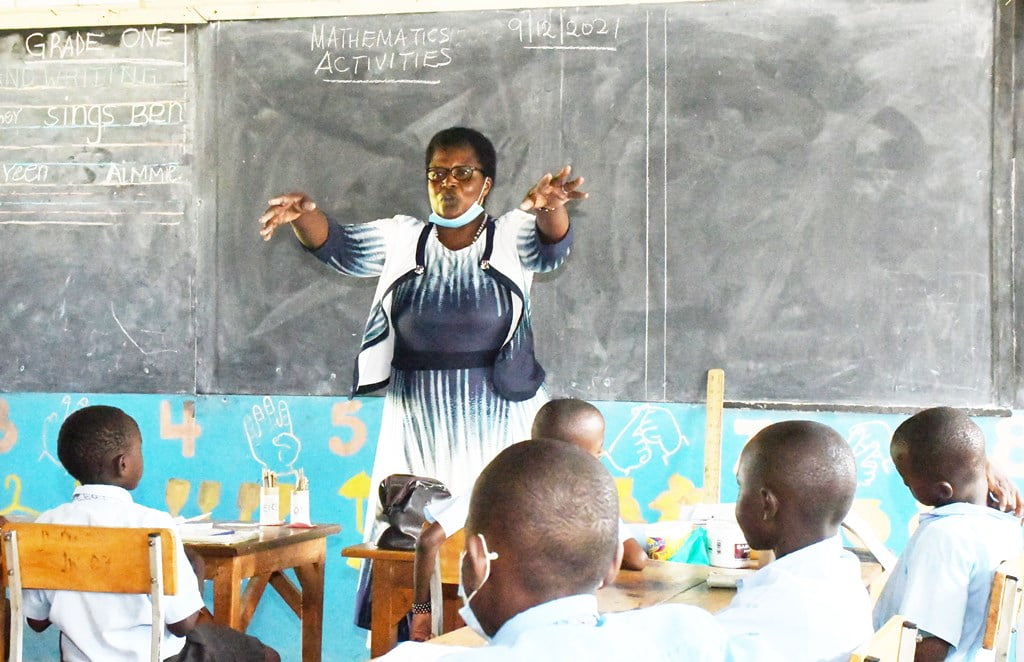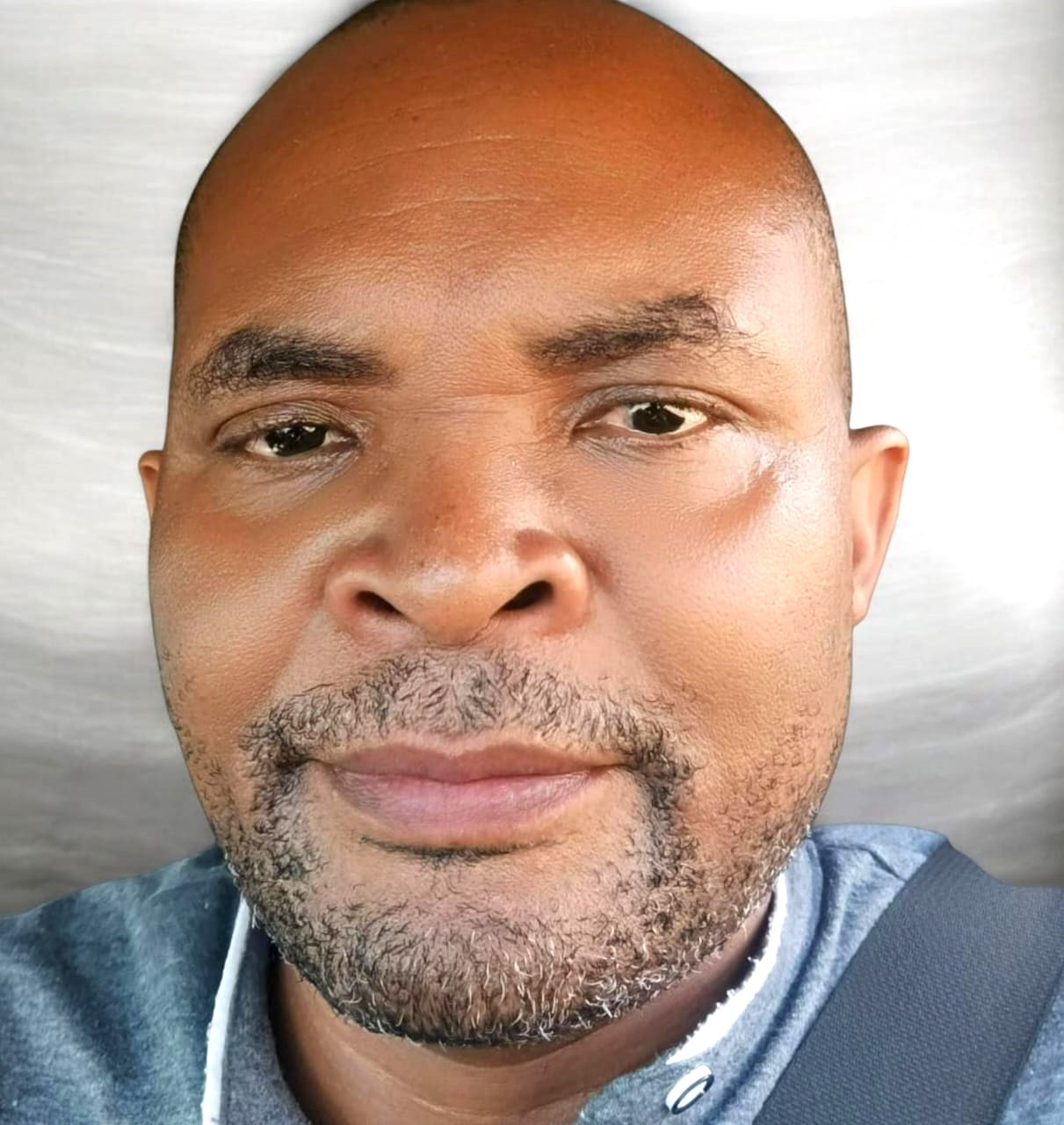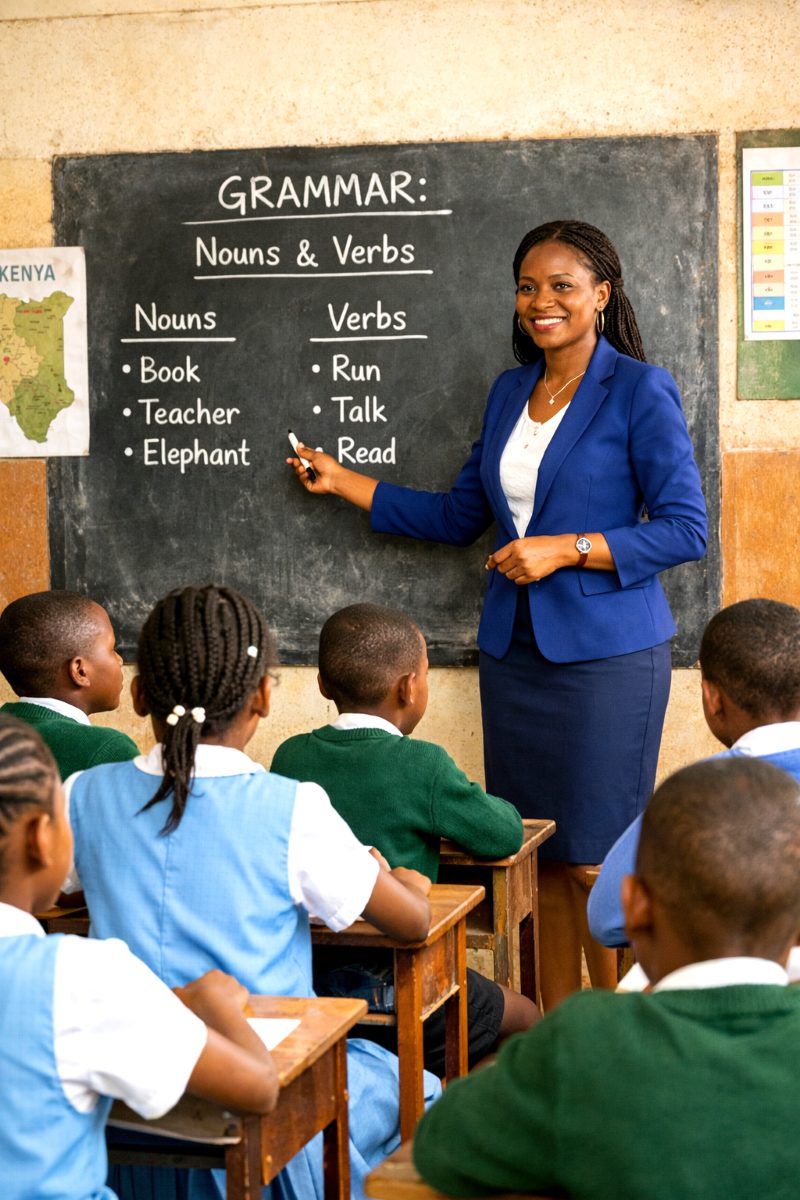By Yobesh Onwonga
During his swearing-in ceremony on 13th September, Dr William Ruto acknowledged the uncertainty and anxiety surrounding some elements of the Competence Based Curriculum (CBC) education system and pledged to form a taskforce whose objective would be to review the system and come up with findings and provide the country with the best way forward.
The system’s implementation process continues to elicit mixed reactions because unlike previous curricula changes (the Ominde Commission, 1964 and the Mackay Commission, 1981) where inquiry preceded implementation, CBC seems to have skipped the important inquiry step.
To date, there has been no authoritative report from the government about the new system raising more questions than answers.
While some Kenyans want the system to be abolished, others say scrapping it should not be an option ahead of preparedness of the twin transition expected in January 2023, which might prove difficult since the 2.5 million learners moving to the secondary and junior secondary level are way too much for the government to hold.
Furthermore, scholars and education players are divided on the whether the system shall benefit learners and whether the reform process will address a myriad of systemic problems bedeviling the education sector.
Parents on the other hand have raised several objections with the major one being that the government should not burden them with financial obligations of a system they had no voice in during its consideration.
The Kenya Union of Post Primary Education Teachers (KUPPET) National Chairman Omboko Milemba chipped in and advised that the taskforce address thorny issues like inadequate teaching and learning resources, overcrowded classrooms, dealing with low ability learners and the perennial teacher shortage.
Before implementation of CBC, former Cabinet Secretary for Education Amina Mohamed while presenting a summative report from experts, argued that the country was not ready for the system and needed more preparedness to be rolled out, while former KNUT Secretary General, Mr Wilson Sossion noted that before implementation, teachers needed to have undergone quality training, which was not the case..
As a country renewing our curriculum again and again without considering our economic affordability, our neighbours – Tanzania and Uganda – continue to stick to their initial system of 7-4-2-3 which we discontinued in 1985.
Since then, nearly every political era has come out with a new education system with the exemption of Mwai Kibaki’s regime.
Historically, the Ominde Commission (1964) recommended a 7-4-2-3 system of education – seven years of uninterrupted primary education, four years of secondary education, two years of advanced secondary education and a minimum of three years of university education while the Mackay Commission (1981) advocated for the 8-4-4 system – eight years of primary education, four years of secondary education, four years of basic university education and establishment of a second university (Moi University).
We adopted the latter system and it came with a heavy price; increase of amount of school fees, massive decline in primary school enrolments, pressure on existing learning facilities and shortage of new textbooks..
In conclusion, education is a crucial sector in any capitalist nation like Kenya. It is a major investment in human capital development which plays a critical role in long-term productivity and growth at both micro and macro levels.
This explains why the state of education in Kenya continues and should continue to be a national discourse.
At this point, it is important to realize that discussions on education and its reforms to make it contribute meaningfully to national development should gradually and systematically move away from a politicized to a more analytical approach, that appreciates the complexities inherent in proffering genuine and workable solutions for revamping our educational system once and for all.
Thus the way forward should be a referendum and not a task force.






